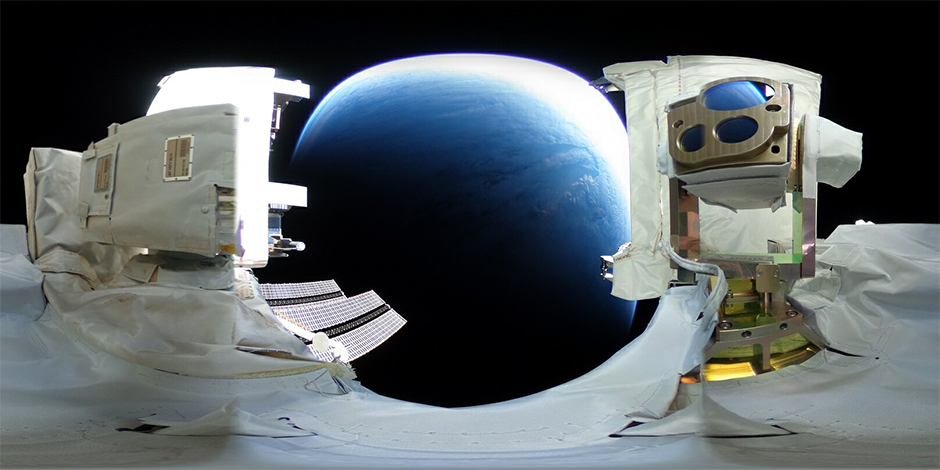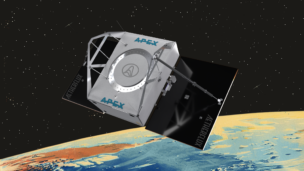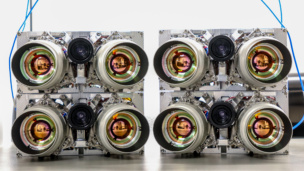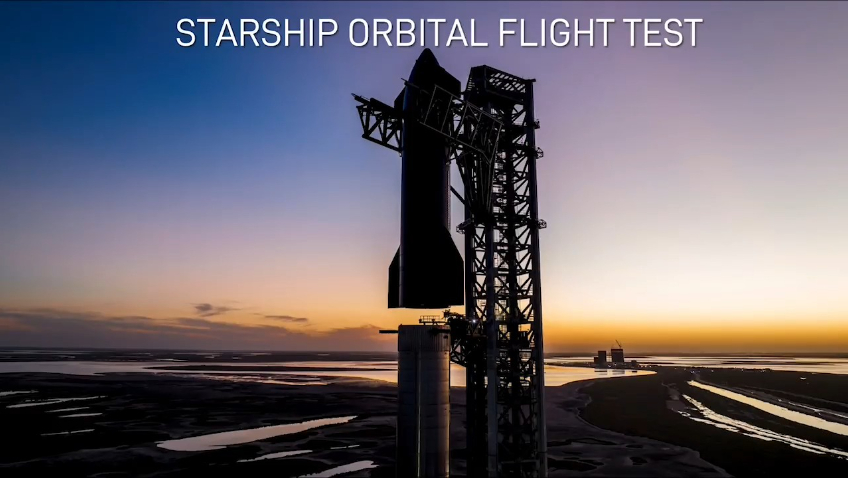Japanese communications and entertainment giant Sony has opened the doors to a new business: Sony Space Communications. The new San Mateo, CA-based business plans to begin developing laser optical communications tech for small satellites in LEO.
This isn’t Sony’s first venture into space tech. Since 2016, the company has worked with JAXA on optical communications technology development, including the SOLISS (Small Optical Link for International Space Station) project.
- According to Sony, the optical disc technology that it developed for its CD players applies surprisingly well to satellite ground communications and laser inter-satellite links.
Enter SSC
The new business aims to relieve the pressure that comes with limited radio bandwidth, said the new company’s president, Kyohei Iwamoto, in a press release. Satellites need to pass directly over ground stations to communicate back to Earth using radio, which takes a lot of power and infrastructure.
- Laser comms could speed up communications without having to use so much power or bandwidth.
- Satellites require less licensing hoops to jump through if they don’t need to use radio frequency to transmit data back to Earth. Since spectrum is finite, that makes lasers an enticing option for satellite operators.
So far, the company hasn’t revealed how far along it is in the development process or whether it has any customers lined up for its key product.
The big picture: Laser satellite links are a hot market right now. NASA is working on its version of the technology on the public side through its LCRD mission. China is working on laser comms for its BeiDou constellation. On the commercial side, Mynaric is working on bringing the tech to market, and SpaceX is building it in-house for Starlink.





